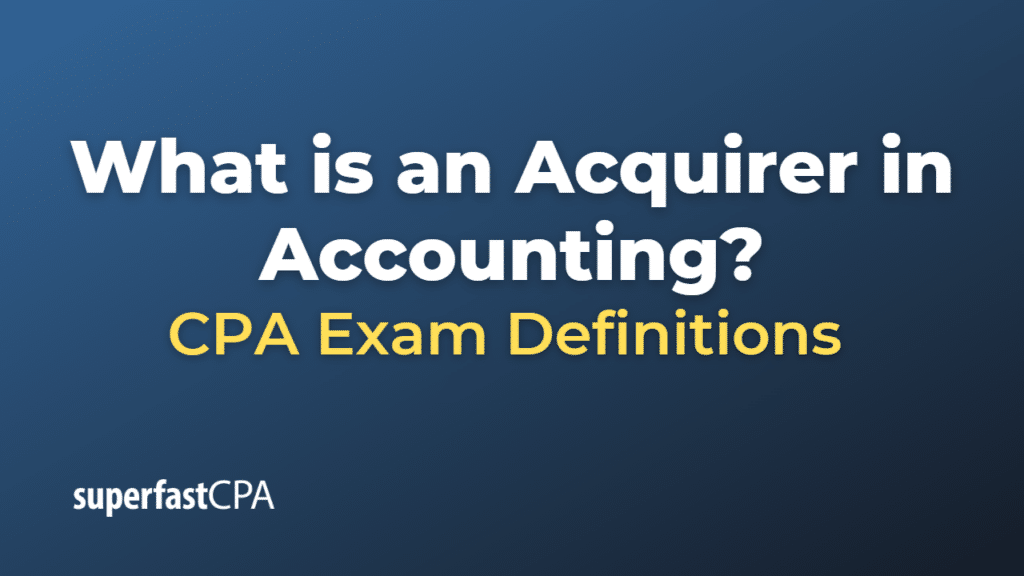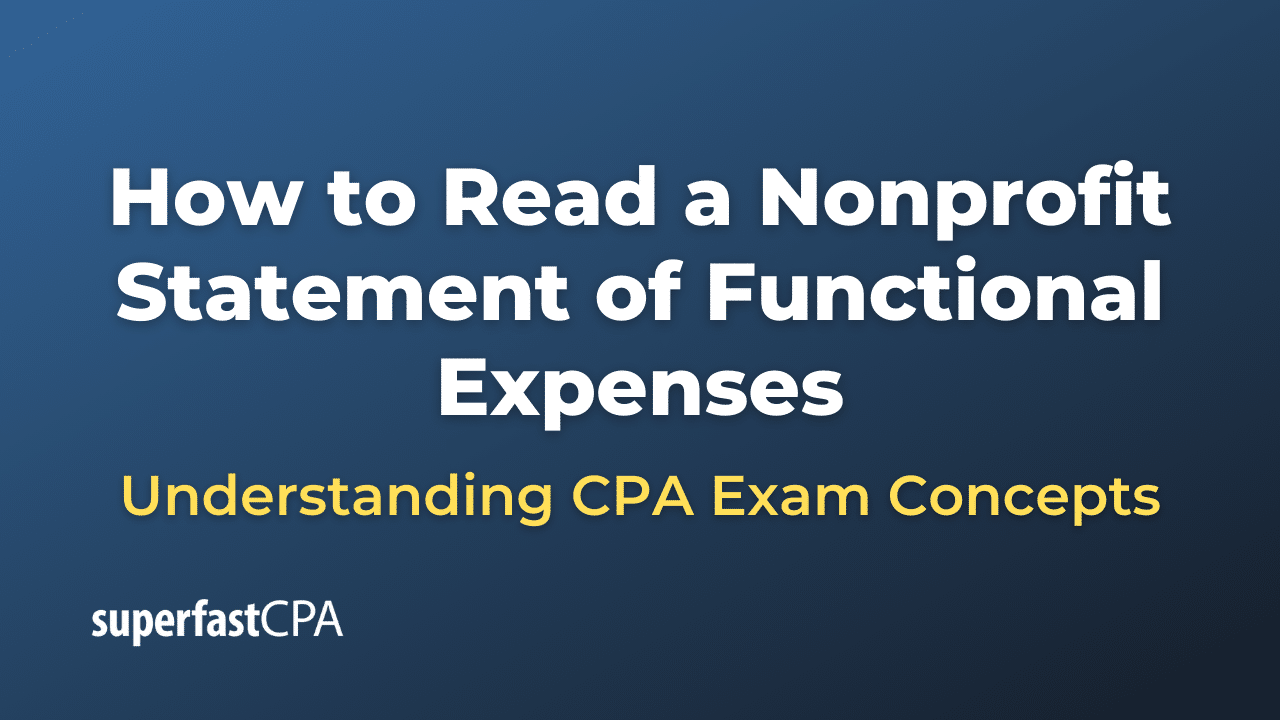Acquirer
An acquirer in accounting refers to a company or entity that purchases or acquires another company, known as the acquiree. The acquirer takes control of the acquiree by buying its shares, assets, or a controlling interest in the company. Acquisitions are often used as a growth strategy, allowing the acquiring company to expand its market presence, diversify its operations, or obtain valuable resources, such as technology or intellectual property.
In the context of accounting, the acquirer is responsible for consolidating the financial statements of the acquiree after the acquisition is completed. This process involves applying acquisition accounting methods, such as the purchase method or the acquisition method, to record the acquired assets and liabilities at fair value, recognize goodwill or gain from a bargain purchase, and eliminate any intercompany transactions.
Example of an Acquirer
Here’s an example of an acquirer in an acquisition transaction:
Company A is a large technology company that wants to expand its product portfolio and decides to acquire Company B, a smaller software firm that specializes in a specific niche. In this case, Company A is the acquirer, as it is the entity that initiates and completes the acquisition of Company B.
As the acquirer, Company A would be responsible for determining the acquisition price, structuring the deal, and integrating Company B’s operations and assets into its own business structure after the acquisition.














